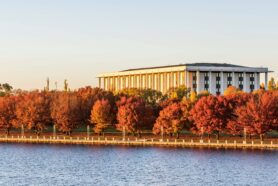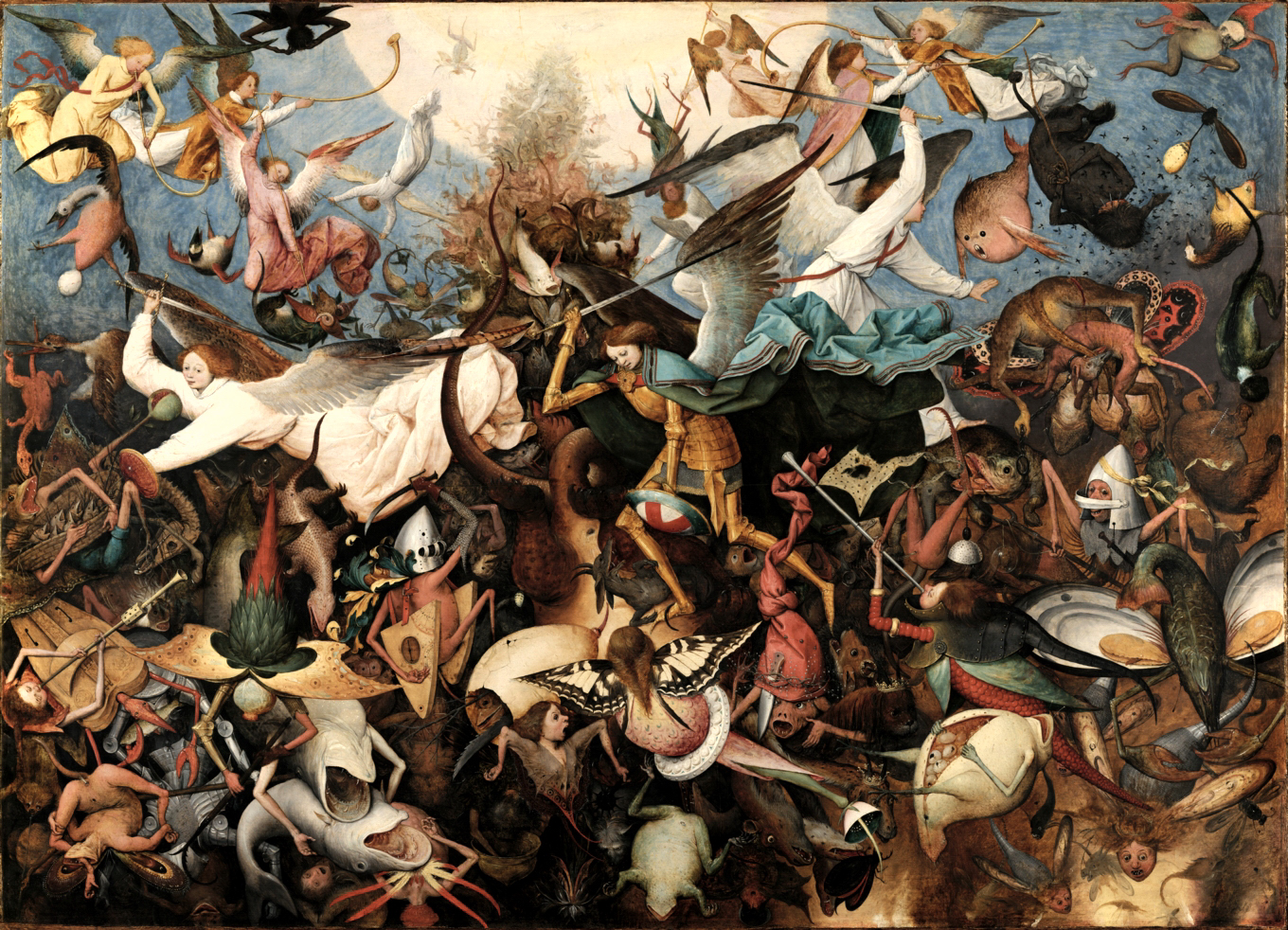Actualiteit
Researching Resistance: Writing a Thesis on Aboriginal Activism in Australia
Dear HHP members,
In this special edition, History Honours-student Julia shares what she experienced when writing her Honours thesis during her exchange trip to Australia. In the following text, written by Julia herself, you will be introduced to her thesis topic, as well as the research process and other personal notes. We hope you enjoy reading it!
Researching Resistance: Writing a Thesis on Aboriginal Activism in Australia
By Julia Corsten
In November 1916, the residents of the Lake Tyers mission sign a petition to ask for the return of Elsie Barrett to her family home. This is Elsie’s mother last resort, as multiple letters from her and Elsie’s grandparents have been left unanswered. A letter returns, but brings bad news. Elsie will remain “under the protecting care” of the government, which is “in her best interest”.
Elsie was one of many Indigenous children who were removed from their families in the 19th and 20th century. Although there are no exact numbers because of poor record keeping, it is estimated that one in three Indigenous children were taken by the ‘Aborigines Protection Board’, a government body appointed to regulate the lives of Indigenous people. The removal policies were focu
sed on completely eliminating Aboriginal culture and the Aboriginal race, by slowly “breeding out the colour”. Commonly referred to as the ‘Stolen Generations’, these children were being ‘civilised’ to white society’s standards. It is these heartbreaking stories that I write my thesis about. Through my research however, I have learnt that not all stories are solely heartbreaking, but also offer an alternative perspective of resilience and bravery. The petition of the Lake Tyers residents is only one of the many ways in which Aboriginal people sought to resist the child removal policies. In my thesis, I attempt to provide an overview of these different forms of resistance and their backgrounds within Aboriginal history.
In order to gather the Aboriginal perspective on their resistance, I analysed various oral sources, personal letters, and newspaper articles. Oral sources in particular are considered to be a key element in Indigenous research, as Indigenous people have their own ways of remembering the past. I especially wish to engage with Aboriginal knowledge respectfully. I am doing this by not only reflecting upon critical questions while researching these types of sources, but also by seeking the guidance of librarians and archivists. As I’m currently living in Australia, I have access to various archives here, most notably the State Library archive in Sydney and the National Library archive In Canberra.

From Sydney, it was a three-hour long car ride to the National Library of Australia, located in the heart of Canberra. Australians told me the full round trip could be done in one day, but I did not believe them and stubbornly booked a hotel room in the city. I had high expectations for the library, which were not tempered even upon realising that I had to sit in the basement instead of the beautiful special collections reading room as the library was doing renovations. The archivists were extremely helpful, which was needed as I was having a hard time finding sources online. They recommended a number of sources to me, while also sharing the Code of Ethics for Aboriginal and Torres Strait Islander research. This helped me a lot, as I could refer back to it in my thesis.
The archives in Sydney were much closer. Before visiting these archives, I had multiple phone calls with a lovely lady from the archives in order to request material and was told by her various times that “I sure was searching for a lot”. I picked this up as a good sign. Upon my arrival, I had to sign multiple forms as the material I had requested was part of the sensitive collections. There were so many documents that a line of people was forming behind me while I was doing this. After everything was signed, I received two carts filled with boxes, and I immediately went to work. Although I found some really good documents for my thesis that day, I also found works that were just interesting to look at as a history student.
Visiting the archives was a valuable experience, and it made me feel very engaged with my research. I believe that’s where I would like to conclude. I learned some valuable new things while talking to the archivist, such as how important it is to acknowledge that there are certain parts of Indigenous knowledge and culture that I, as an outsider, would never be able to access. This really reinforced how, when conducting archival research on sensitive topics such as colonial violence in Australia, respect for the sources and people involved is of the utmost importance.

